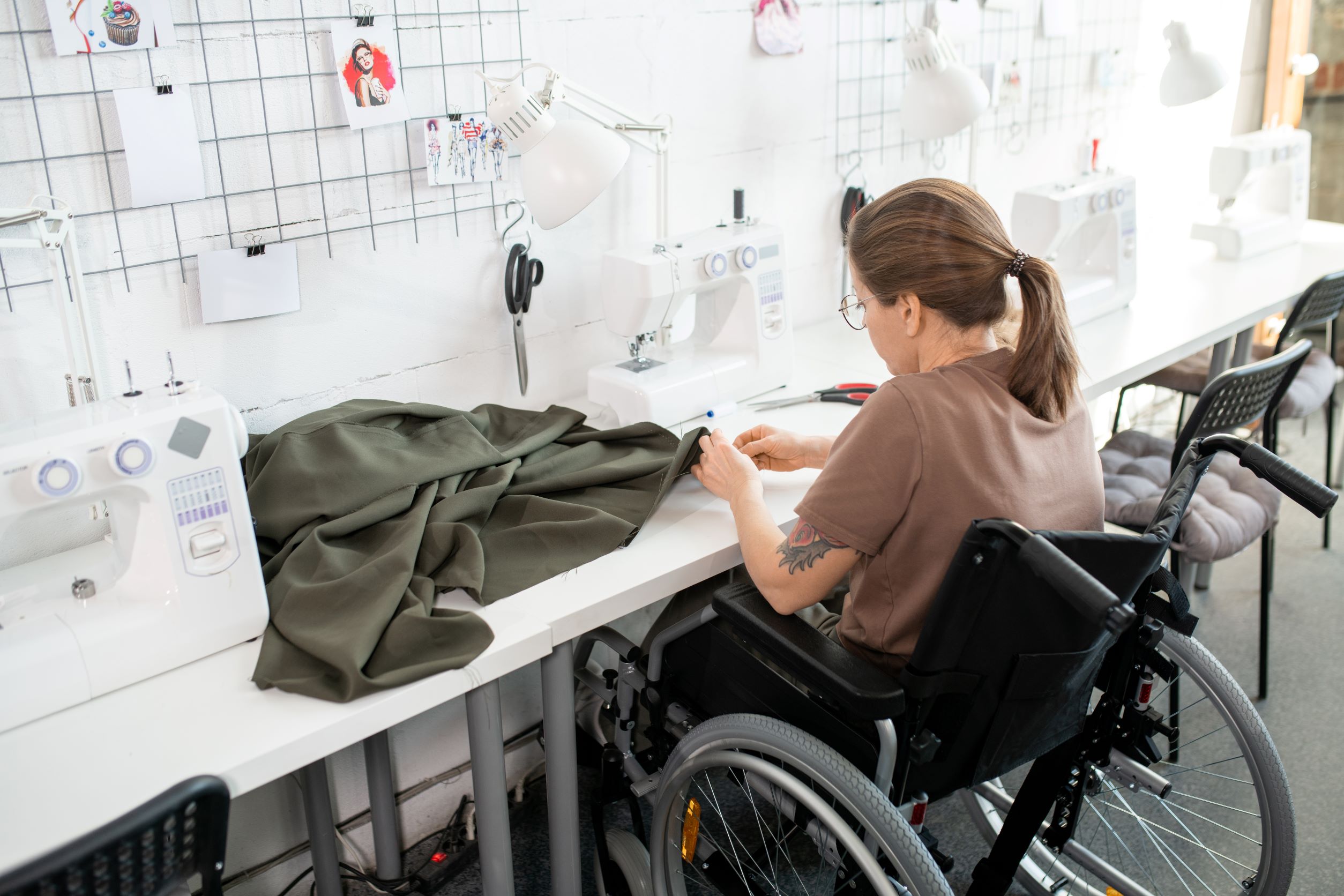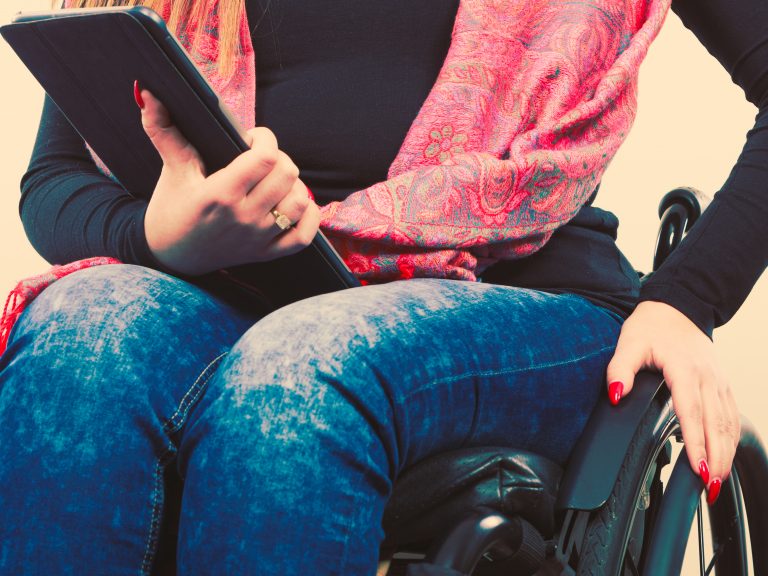From Capable to Innovative: 10 Strengths and Challenges of Business Owners with Disabilities
Succeeding as an entrepreneur requires determination, and so does living with a disability. When the two worlds come together, the results can be surprising. Read on to discover how the underestimated exceed expectations.
What does disability look like? The answer is not always clear. Some challenges are visible while others are not. When someone uses a walking stick, cane, or brace, we understand that they are living with a disability. But many live with invisible disabilities such as PTSD, ADHD, or diabetes. These are not immediately recognized, if noticed at all.
In the business world, all disabled individuals have unique strengths and challenges. So, let’s take a look at the unique skill sets that make disabled entrepreneurs not only capable, but innovative too.
Strengths
- Thinking Outside the Box
Many disabled business owners push the boundaries of what others think impossible. They have had to find creative ways of doing things that many take for granted. Because of this, persons with disabilities often have incredible problem-solving skills. Innovative and determined, they find ways to rise above obstacles and break barriers. When you live outside the box, you think outside the box!
- Perseverance
A can-do attitude is an asset to any organization. Disabled entrepreneurs do not easily give up. Many have had to adopt this formula for personal success, and they bring that experience to the table. Pushing through setbacks is something disabled business owners have learned to do well.
- Certification
When entrepreneurs get certified as Diverse Suppliers, they open bigger – both in number and size – doors that leverage their certification. They can register as a Diverse Supplier, attend matchmaker meetings with corporations, and potentially land contracts with top corporations.
- Diligence
It can be difficult for many organizations to find hard-working employees. Diligence is an important trait for any entrepreneur and a characteristic of many persons with disabilities. Because their unique set of circumstances make life more challenging, they develop persistence in finding unique solutions to problems.
- Attention to Detail
Persons with disabilities pay increased attention to detail. As a result, they notice things that most people overlook. Because of this skill, they solve problems in the workplace with incredible foresight.
Challenges
- Stigma
Those living with disabilities often face stigma. When someone is stigmatized, they have less access to opportunities, both educational and training-related, because people think they are incapable. Many do not disclose disabilities as a result of stigma. Disabled individuals rise above low expectations and persevere by the strength of their own self-confidence and abilities.
- Episodic Uncertainty
Symptoms are not always predictable. Disabled business owners must juggle their particular challenges at any given time. For example, a person with PTSD will have to endure sporadic invisible symptoms along with the stressors of being a business owner. Learning to handle these compounded challenges makes disabled entrepreneurs more resilient, adaptable, and able to work under pressure. This also helps them thrive in unpredictable circumstances.
- Exhaustion
Mental and physical exhaustion relates to the things that occur within an individual. A worker living with disabilities must handle the stress of a standard workday on top of their symptoms. Facing these situations, persons with disabilities learn to strike an effective balance between personal and professional challenges.
- Communication
Entrepreneurs with disabilities may face communication barriers due to stigma. Some people are reluctant to ask a disabled person for help, thinking they are incapable of assisting them. For example, a person might wrongly assume that someone using a wheelchair is also hard of hearing or otherwise challenged. Persons with disabilities have to endure these stigmas. As a result, they develop incredible resiliency and strong communication skills.
- Working Outside of the 9 to 5
Often, disabled entrepreneurs do not work traditional hours. Many will complete their work during the time of day or night that best fits their needs. For example, someone with ADHD might work better in the early morning, a time when there is less noise and external stimulation. Finding a way around individual barriers, workers with disabilities have learned to leverage their unique abilities.
Seeing the Person Behind the Disability
Too often, people underestimate disabled individuals, and often, they are not even given a chance to show their abilities. Despite these challenges, they push forward with determination. International Day of Persons with Disabilities honours these innovative entrepreneurs who are not only surviving but thriving.







